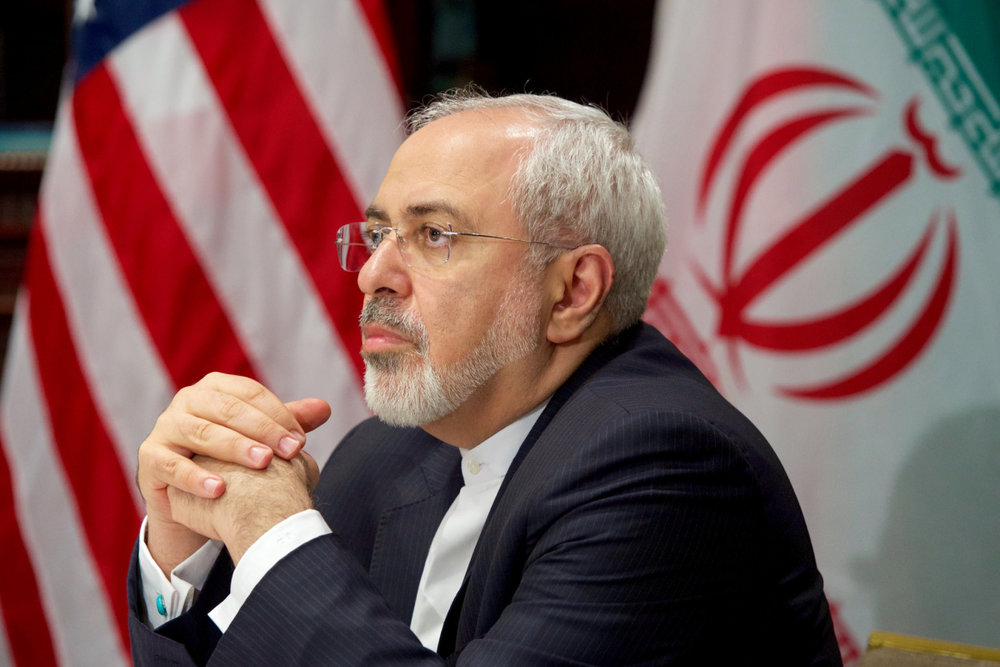Zarif: Iran to retaliate if JCPOA violated

Iranian Foreign Minister Mohammad Javad Zarif has warned the Donald Trump administration that Tehran has the option to abandon limits on its nuclear program in case the nuclear agreement, officially called the JCPOA, is violated.
“If it comes to a major violation, or what in the terms of the nuclear deal is called significant nonperformance, then Iran has other options available, including withdrawing from the deal,” Zarif told The National Interest on Monday.
The nuclear deal was signed between Iran and the United States, Britain, France, Germany, China, Russia and the European Union on July 14, 2015. The UN Security Council approved a resolution on July 20, 2015, endorsing the agreement. It took effect on January 16, 2016.
“As we’ve said in the past, we wanted that agreement to be the foundation and not the ceiling. But in order for that to serve as a solid foundation, we want to make sure that the obligations by all sides have been fully and faithfully implemented. And if we get that, then we have an opening to further progress,” he said.
Zarif: We either win together or lose together
On the regional situation, Zarif said, “We don’t see the situation in our region as a winning or losing battle. It’s a situation where the initial U.S. invasion of Iraq has led everybody to lose. Because we believe that the situation in today’s world is so interconnected that we cannot have winners and losers; we either win together or lose together.”
Zarif also said that Shias, Sunnis and Kurds are all important segment of Iraqi society with whom Iran needs to have relations.
“Iran has rushed to the aid of the Iraqis, not just the Shias, but everybody. For us, the Shias, the Sunnis, the Kurds—all of them are an important segment of Iraqi society with whom we need to have relations.”
Citing an example of Iran’s help to Iraqis when Daesh invaded Iraq in 2014, the foreign minister said, “We went to the support of the Kurds: when they had been invaded by ISIS, we were the first to go to Erbil to secure it and to rescue it, basically, from a Daesh occupation.”
He added there are certain countries in the Middle East who have been “consistently” supporting terrorism.
“You have countries in the region who have consistently supported extremists… Some countries consistently supported the wrong groups—these are the same countries from whose nationals, almost 94 percent of those engaged in acts of terror, came—so we are talking about a consistent record on their side and a consistent record on the Iranian side.”
He added that Iran does not seek to exclude Saudi Arabia from the security calculus of the Middle East region.
“We believe that Saudi Arabia is an important part of that security, as we believe that other countries in the region should be an important part of that security understanding.”
Leave a Comment